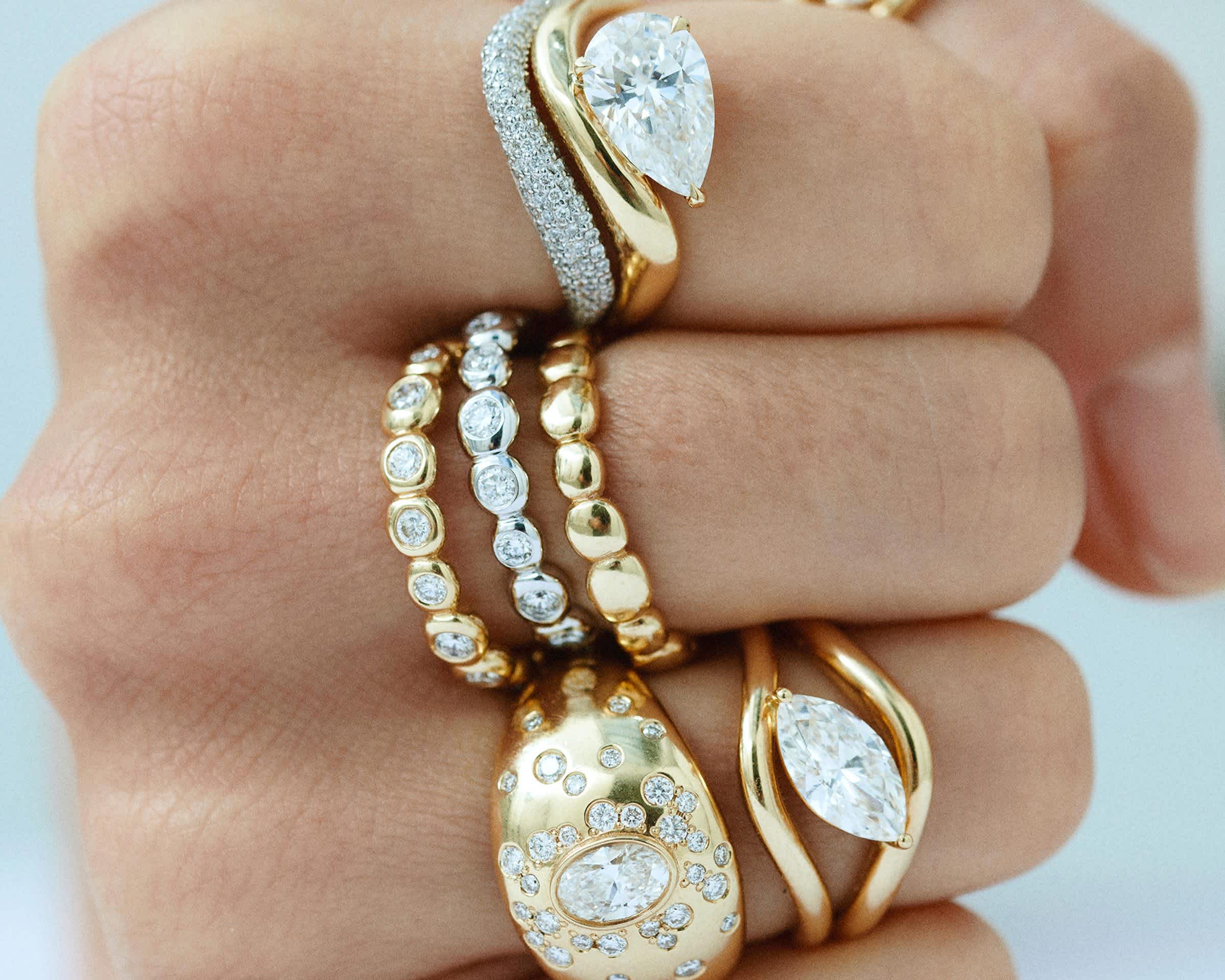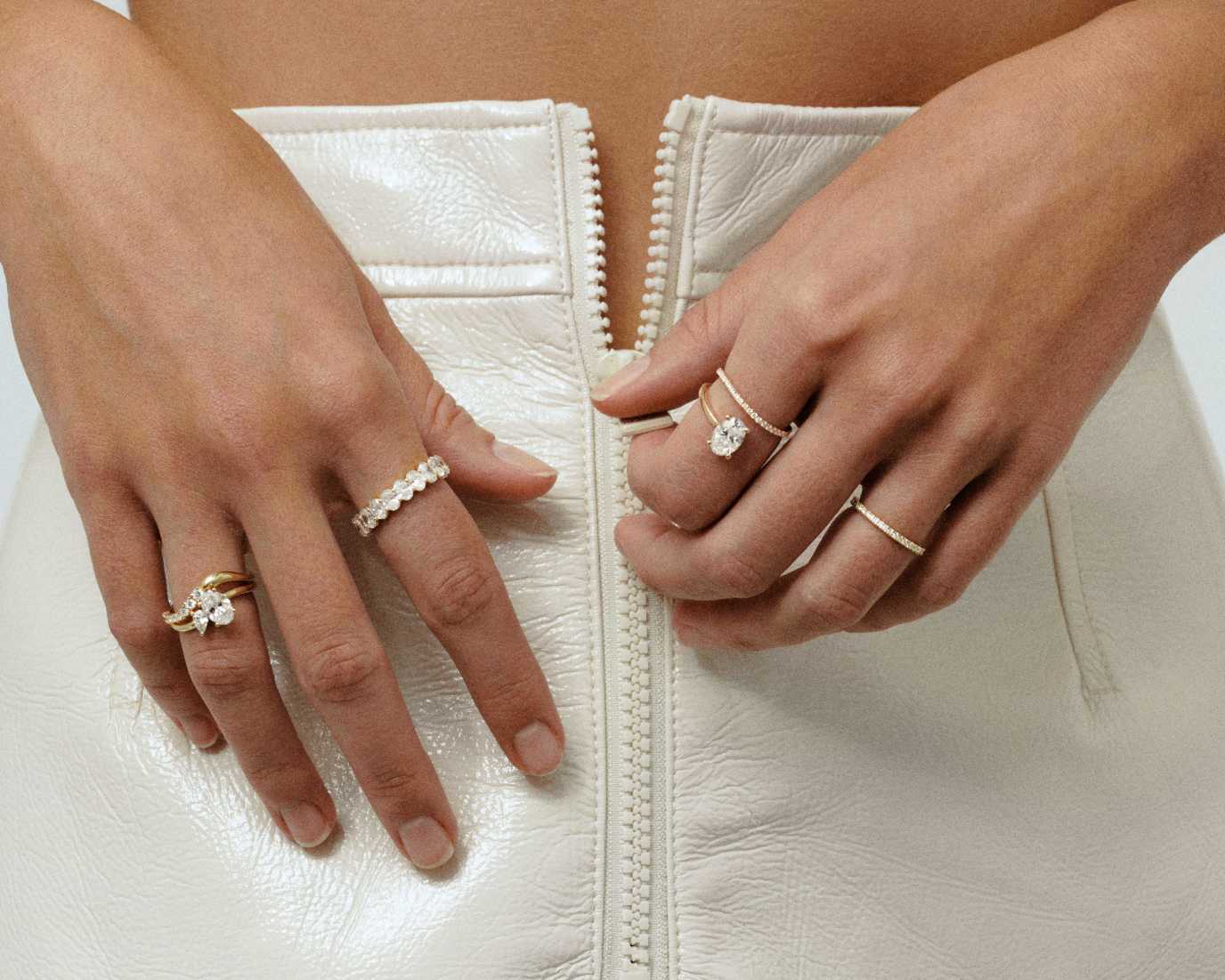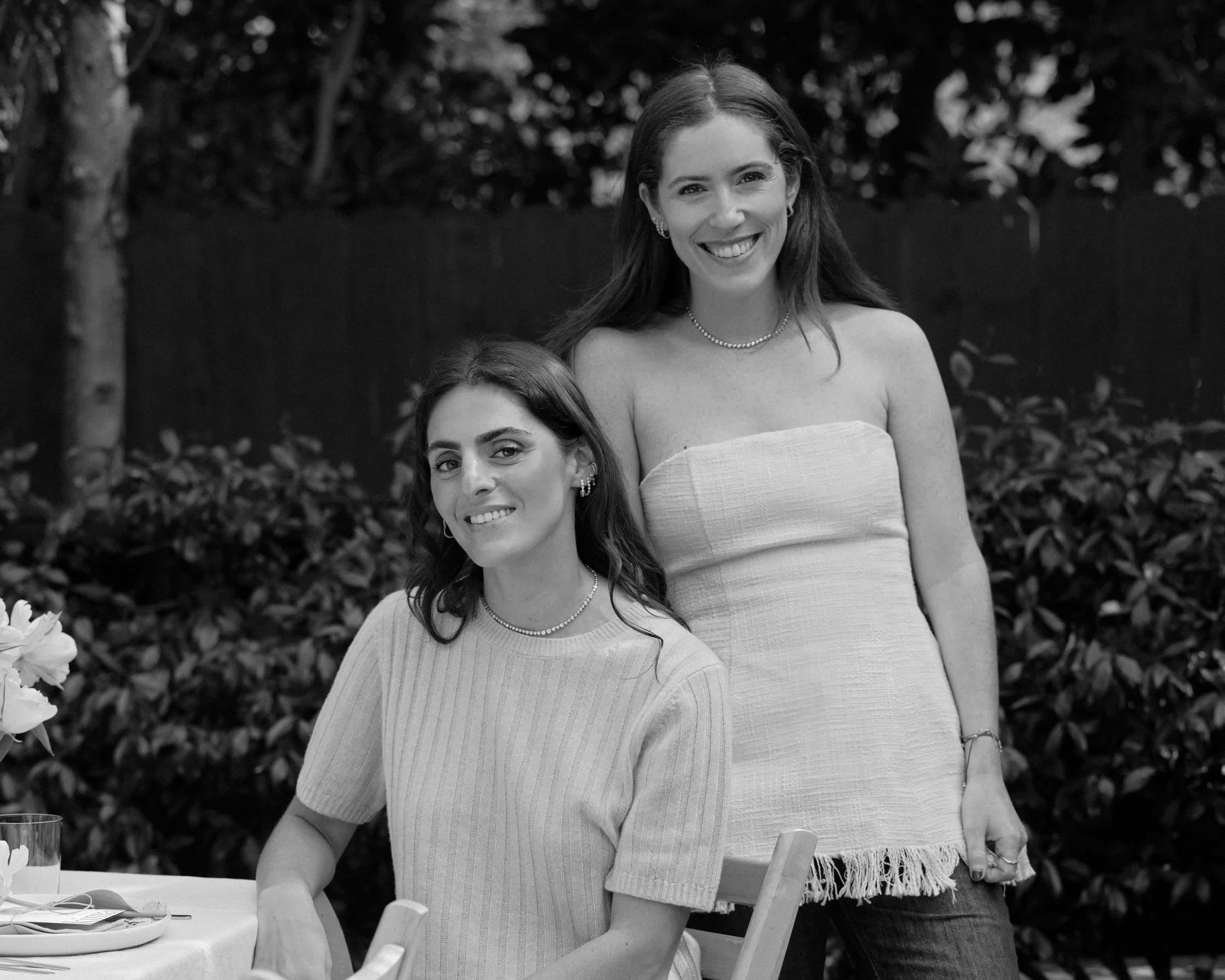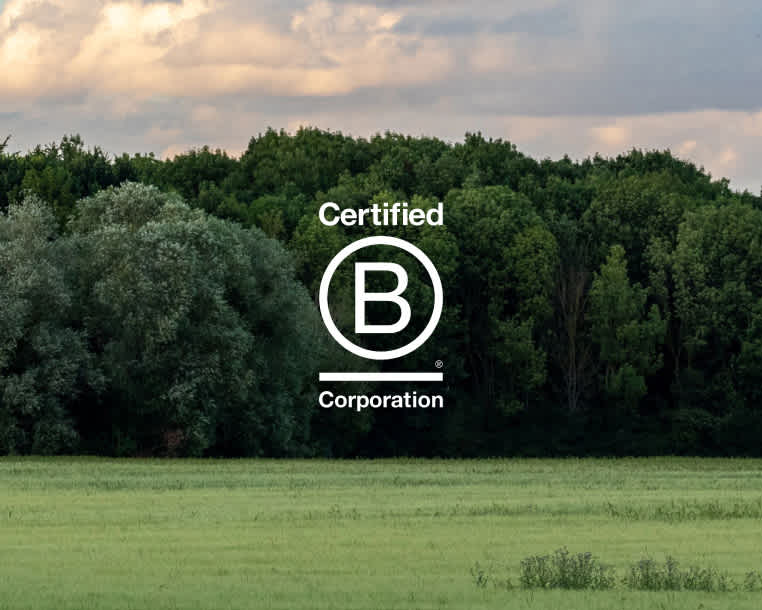Educate
10 March 2021Title: Recycled Gold: Decoded
Gold is a precious metal that has a high value and usually an even higher personal value and meaning. But unfortunately, extracting gold from the earth for the jewelry industry, as well as commercial industrial purposes, has detrimental effects on the surrounding environment – both physical and social. Read more about the dirty gold industry here.
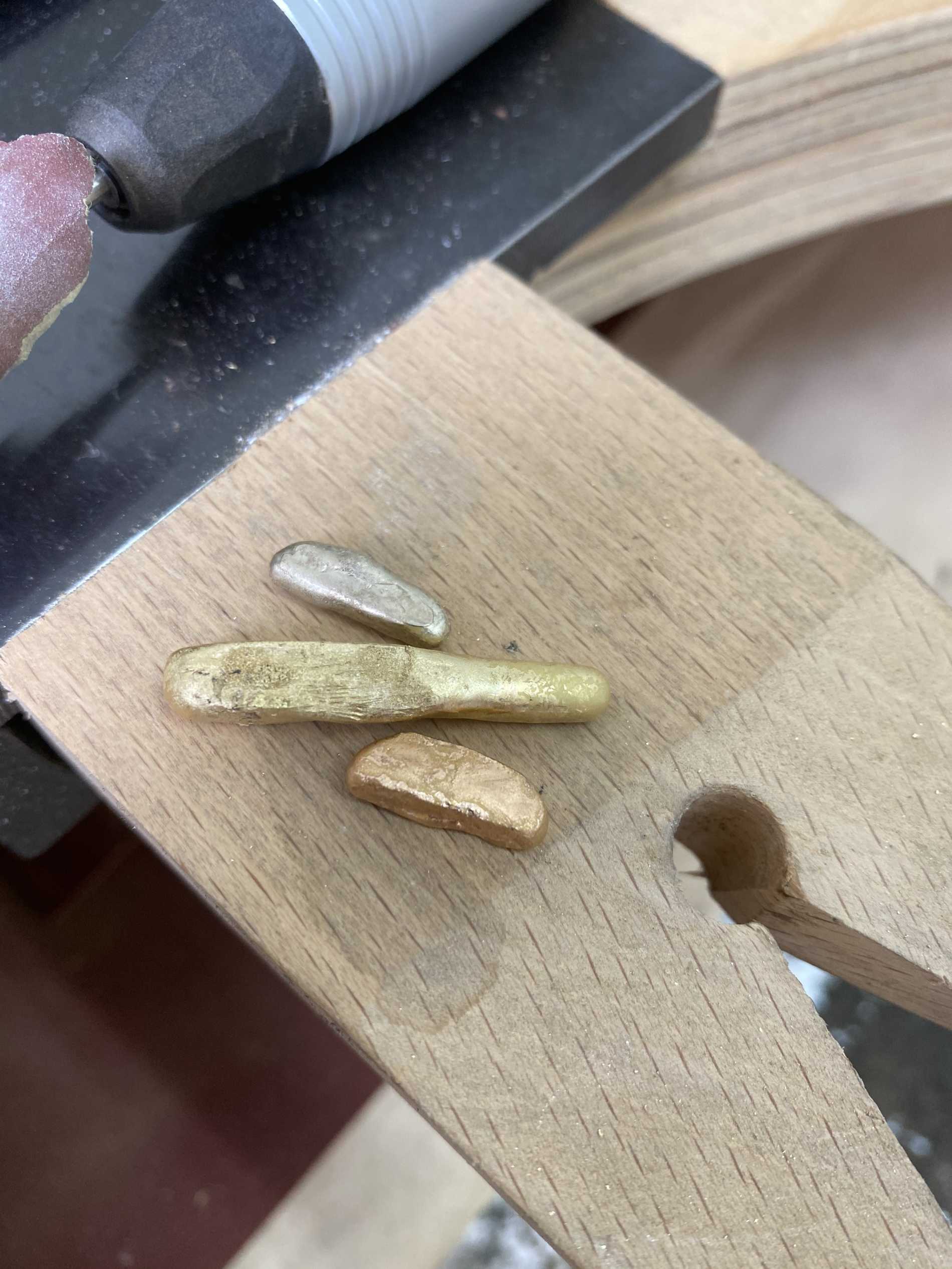
So, why recycled gold?
Gold mining is well known to be an industry full of unethical practices, from the environmental damage to poor working conditions. It’s believed that for every ounce of gold – that’s just one gold ring – up to 20 tons of waste is being generated with mercury and cyanide being the two main pollutants used in the process.
There are approximately 190,000 tons of gold already in circulation, so it’s fair to say there’s plenty of gold that has already been mined which can be reused. And, just 3% of the gold already lying around would satisfy the world’s current annual needs, so there really is plenty.
One of the beauties of gold is that it can be recycled again and again without losing any of its quality. So gold that’s been refined and recycled multiple times is actually just as good as gold mined only yesterday.
Recycled gold is therefore the best solution for Kimai, as we know that we’re using gold that hasn’t contributed any additional damage to the environment, whilst also not losing any of its quality. We understand that this isn’t a perfect solution. And the gold currently being recycled is only able to satisfy around 30% of the world’s demand, which explains the continued ‘need’ for newly sourced gold.
Why not Fairtrade Gold?
Fairtrade gold is another ethical alternative gaining traction in the industry. Fairtrade gold is still newly mined, but the standards and practices ensure ethical working and mining conditions, whilst also eliminating any illegal or ‘dirty’ practices in the current industry. It also benefits the lives of small-scale mining communities who rely on this industry for their livelihoods – something that recycled gold is not able to support. However, Fairtrade gold still involves new mining, and whilst the use of chemicals in the process are still prominent, the environmental impacts are still significant.
Reasons why recycled gold is a more ethical choice than mined gold:
Soil displacement and erosion is caused by mined, about 20 tons of rock and soil are displaced to produce 1 gold ring
Gold mining creates clogged waterways and badly damaged ecosystems
Toxic waste is formed from the cyanide used to pour over the piles, in order to separate the gold from the rock
Gold mining is the number one cause of mercury poisoning. Small scale minors bind mercury to extract the gold from ore and then dissolving or evaporating the mercury away into the environment
Water pollution to nearby lakes and rivers by miners, according to Earthworks, 180 million tons of toxic waste is dumped into lakes and rivers each year
Deforestation and water pollution affect surrounding ecosystems, specifically their biodiversity
Although illegal, lots of small scale mines allow children to work and in unsafe environments
Read more about our gold on our Learn Pages.
